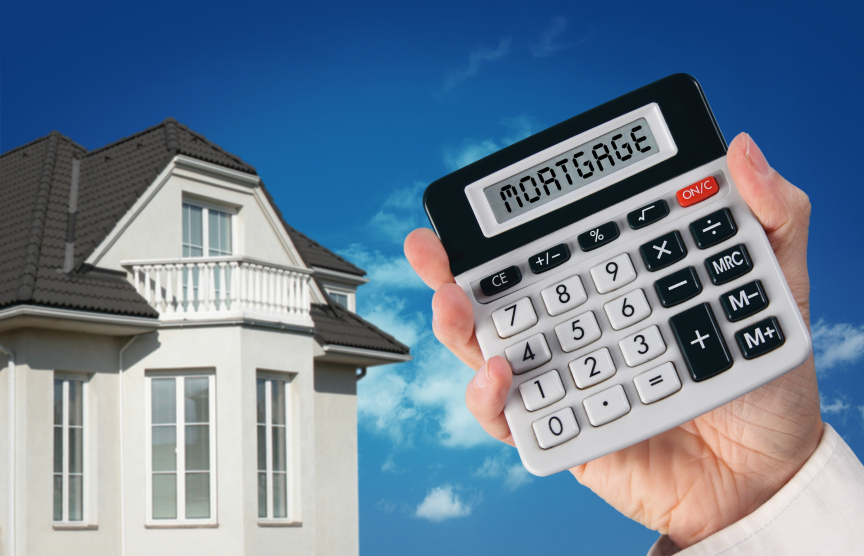Although a second mortgage – a loan taken out against the value of your property in addition to your main mortgage – might solve many of your immediate cash flow problems, they do carry risks that should never be ignored. So, before you head off to the bank, take a moment to weigh up what’s good and what’s bad about second home loans.
The Good
Second mortgages are made available to homeowners because while you’ve been paying off your primary mortgage, the value of your property has continued to appreciate. The high price of your home as an asset means you are able to borrow a much larger sum of money to use for your own purposes. Other forms of ‘money on credit’, like personal bank loans or credit cards, lend much smaller amounts to a borrower, limiting what they are able to use this money for. Cash loans, like those offered by providers like wonga.com, just aren’t big enough to cover the types of expenses that second mortgages are most often used for: making improvements to the home or sending children off to university.
As the saying goes – ‘safe as houses’ – and this is the way second mortgages are viewed by financial institutions. They are secured loans with your house being put up as collateral should you default on the loan. This reduced risk is also the reason banks charge lower interest rates on a second home loan.
The Bad
Now for the bad. You risk losing the house you borrowed against if you fail to pay back the loan. Foreclosure on homes is an all too common reality in today’s tough economic climate, so you will need to think carefully about all the possible factors that might prevent you paying back a second mortgage. Note these down. They could be: your job security, new additions to the family, aging parents who need expensive medical care, or paying off children’s education. Do you have a contingency plan if you or your partner lose your job?
Such a scenario might look like this: if your reason for taking out a second mortgage is to pay off credit card debt (interest on a home loan is lower than interest on a credit card balance or a personal loan), you most likely would save money. But if you lack discipline, or in an emergency must once again resort to using your credit cards, you will be liable for both credit card debt as well as paying off a second home loan.
If your list of risks grows and you do not have contingency plans should one or more of these events come about, then do not apply for a second mortgage. Find other ways to raise cash or cut back expenses that will not put your home at risk.
Another factor to keep in mind when considering a second mortgage is that you will still be liable for fees and closing costs. You will pay less for second mortgage rates than you would on credit card rates, but second mortgage rates remain higher than those for first mortgage loans.
Cash Loans and Other Ways to Raise Cash
An interesting alternative to a second mortgage is a home equity line of credit. Ask your bank if they offer this useful product to their clients. If they do, your bank would work out the value of the property and subtract the amount owing on the original mortgage. The upside of home equity credit is that the loan term is typically less than that of a second mortgage, and it allows you to access the emergency cash you need, using only the amount that you need. Keep in mind that your home will still be used as collateral for this line of credit and would be subject to foreclosure should you default on your repayments.
The terms offered by banks and financial institutions for cash loans differ widely depending on whether the loan is secured or unsecured. Both have benefits and drawbacks: Secured loans charge lower interest rates but you will have to pledge an asset, like an owned vehicle, as collateral. An unsecured personal loan carries a higher interest rate but you will not have to put up collateral for this loan.
Wonga’s cash loans are best used for emergencies and unexpected expenses. They are paid back over a short period of time and, since they are unsecured, charge higher interest rates.
A second mortgage can be an effective financial tool if taken out at the right time and used for the right reasons. The decision to take out a second home loan has the potential to impact your financial wellbeing for many years to come, so if you’re in any doubt, speak to a registered financial consultant before making the decision

